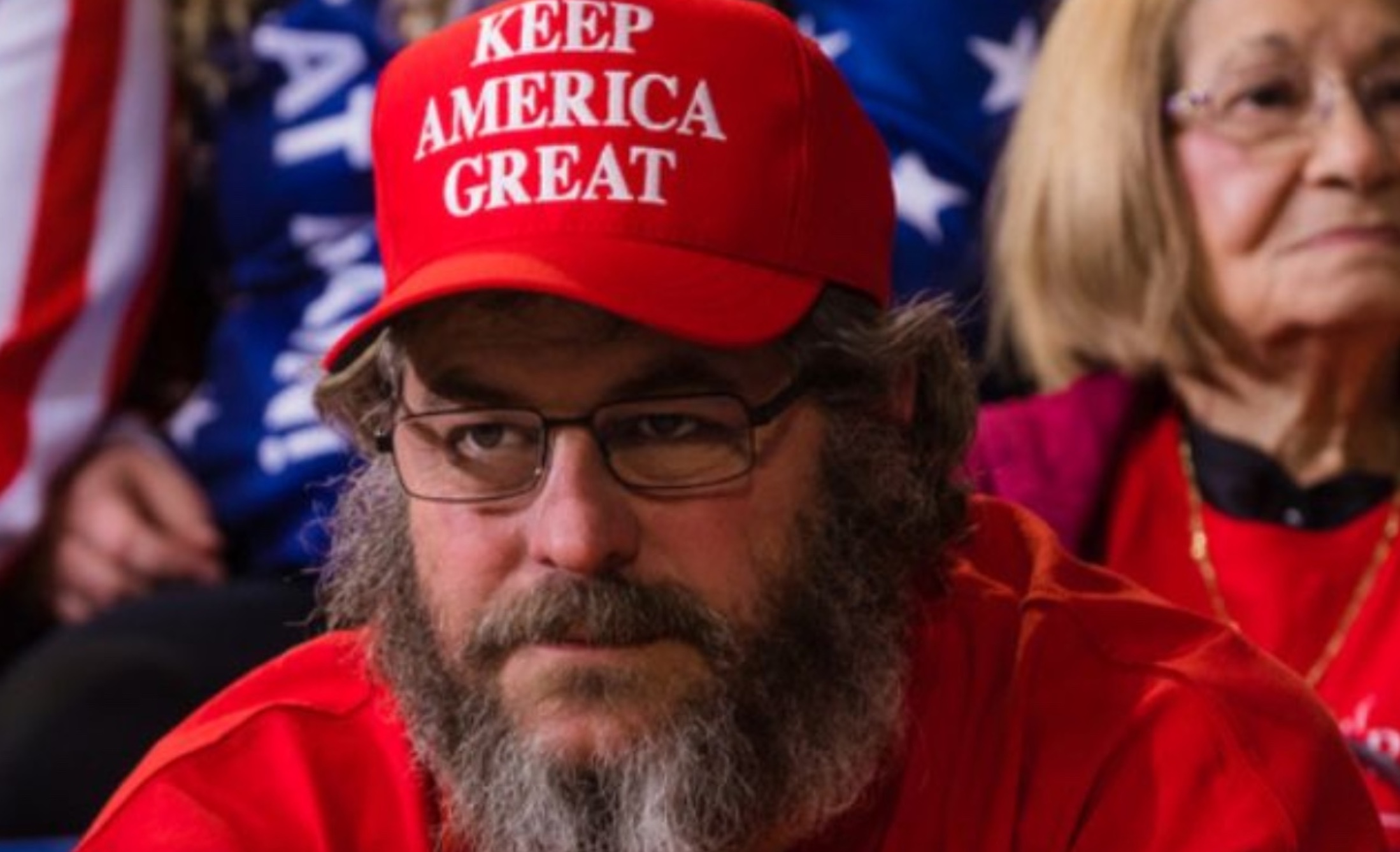
Peggy McIntosh, a prominent feminist scholar and anti-racism advocate, coined the term “white privilege” to illustrate the unseen advantages that come with being white.
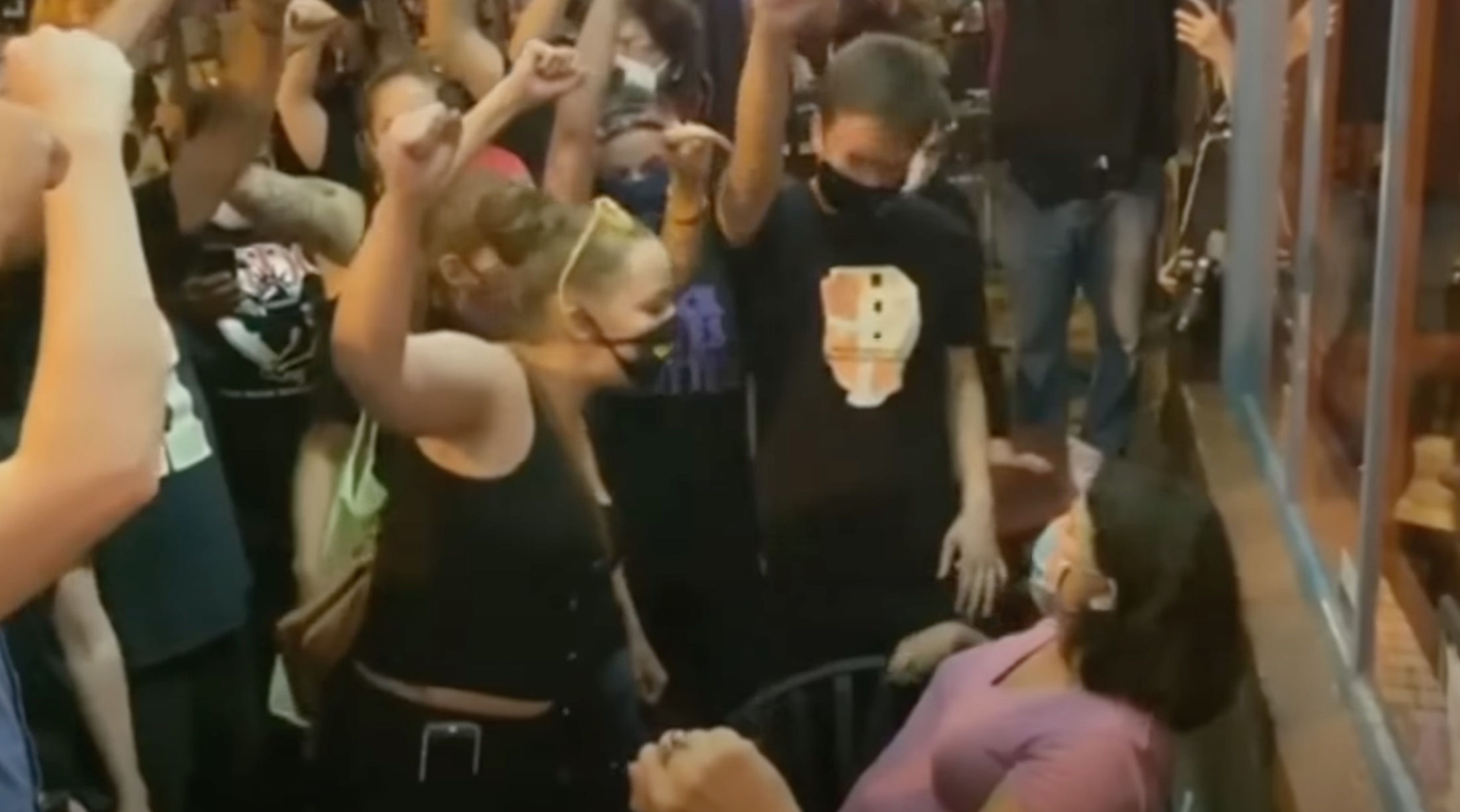
Essentially, white individuals often navigate life without realizing the inherent benefits, opportunities, and access that their skin color provides them.
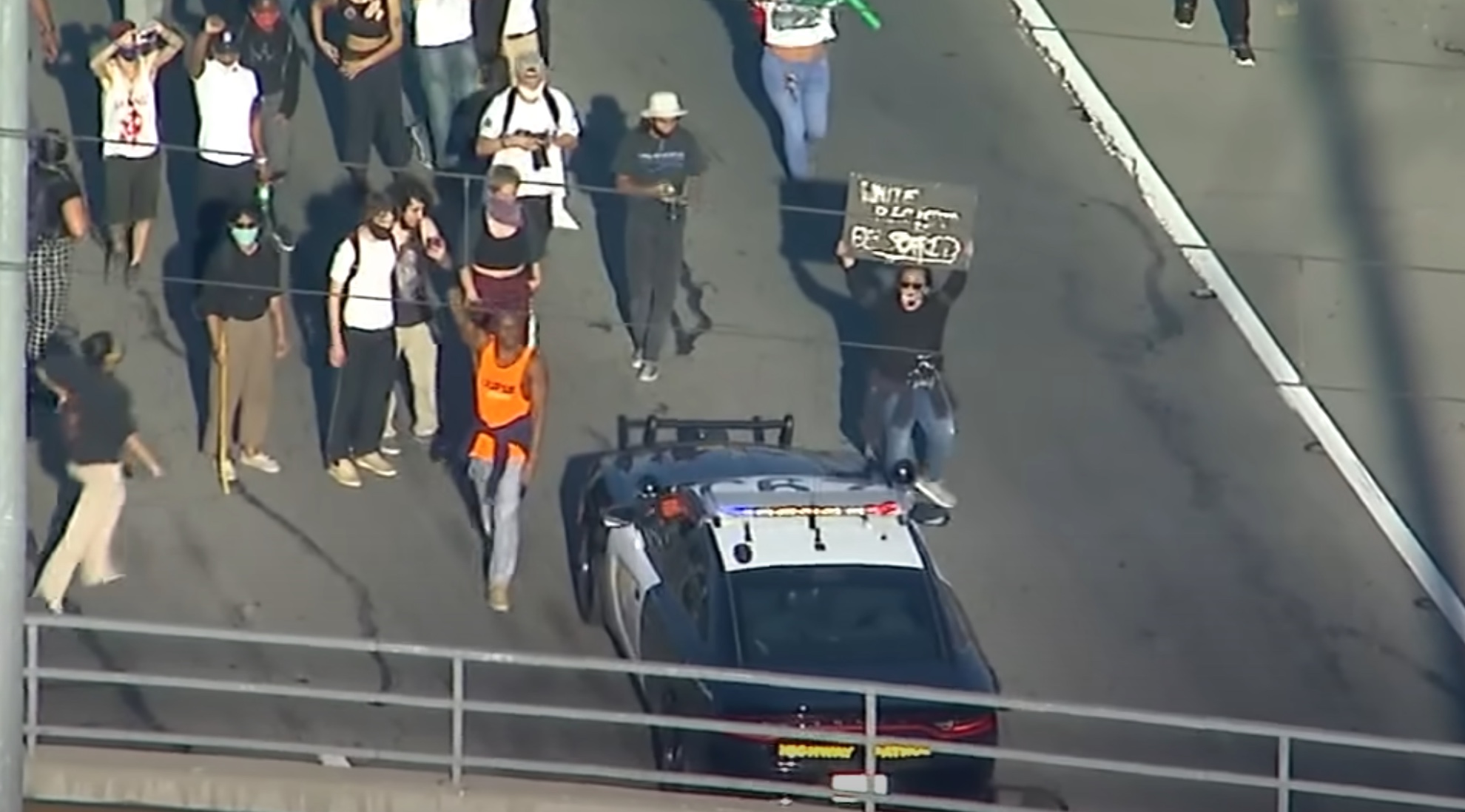
It’s only when these privileges are highlighted that some white people acknowledge them, while others may choose to ignore or reject the concept altogether.

Number 1: “It’s not my job to fix racism because I’m not racist.” In essence, if you believe that systemic racism doesn’t affect you directly, recognizing your privilege, it may seem like you can remain uninvolved in combating it.
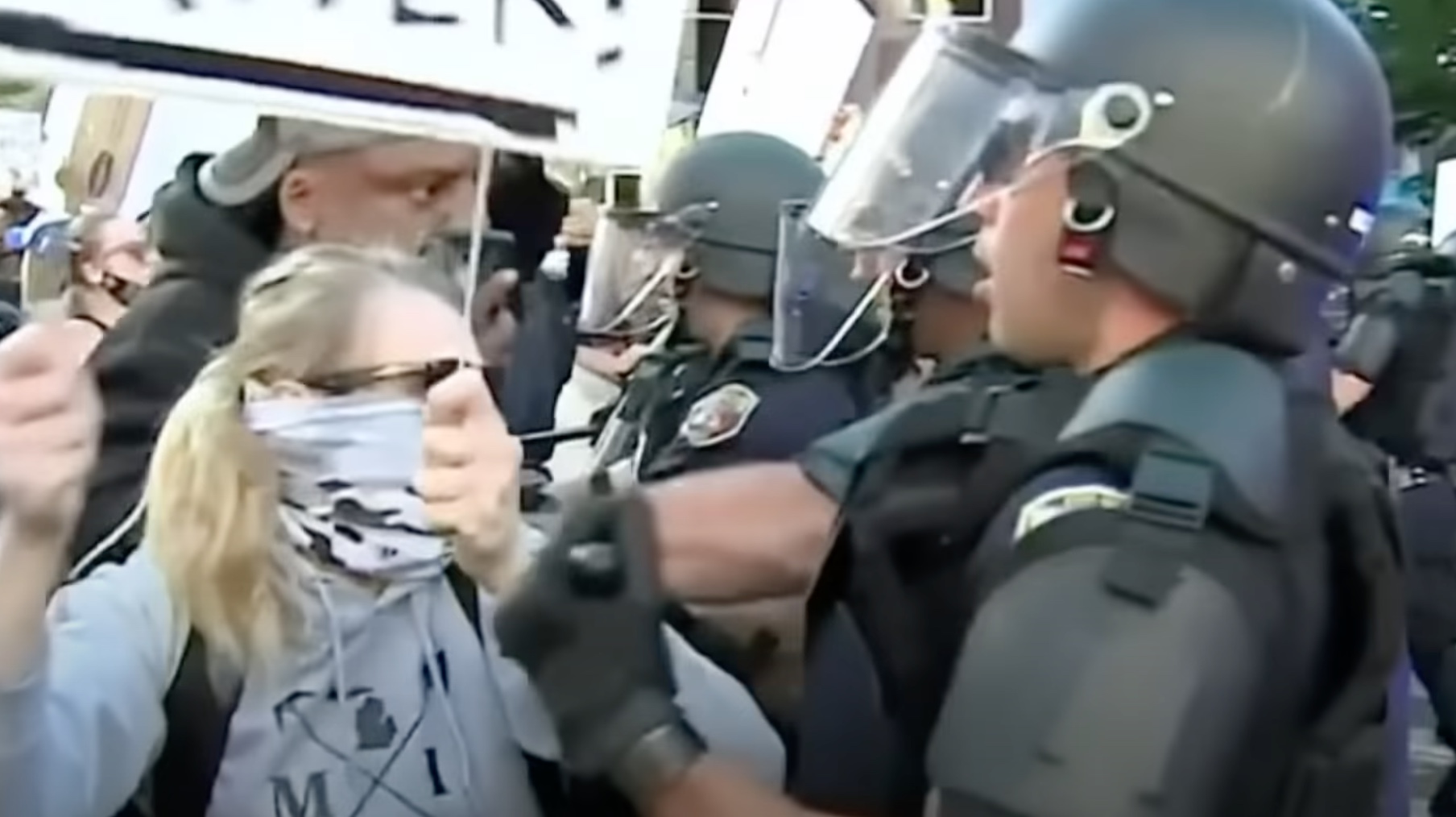
However, it is crucial for white individuals to take a stand, support marginalized communities, and actively utilize their privilege to promote positive change.

“It takes the actions of every single person to call out racist behavior and be a part of the solution,” Michelle Saahene, co-founder of From Privilege to Progress, said. “It’s a privilege to be able to only talk about race and never experience it. It’s a privilege to choose not to talk about it or acknowledge it.”

Number 2: “I don’t see color.” While this statement may aim to show that you are not biased, psychologist Erlanger Turner points out that we all notice racial distinctions unless we are visually impaired. By choosing not to recognize someone’s skin color, you are also disregarding the challenges and discrimination they have experienced due to their race.
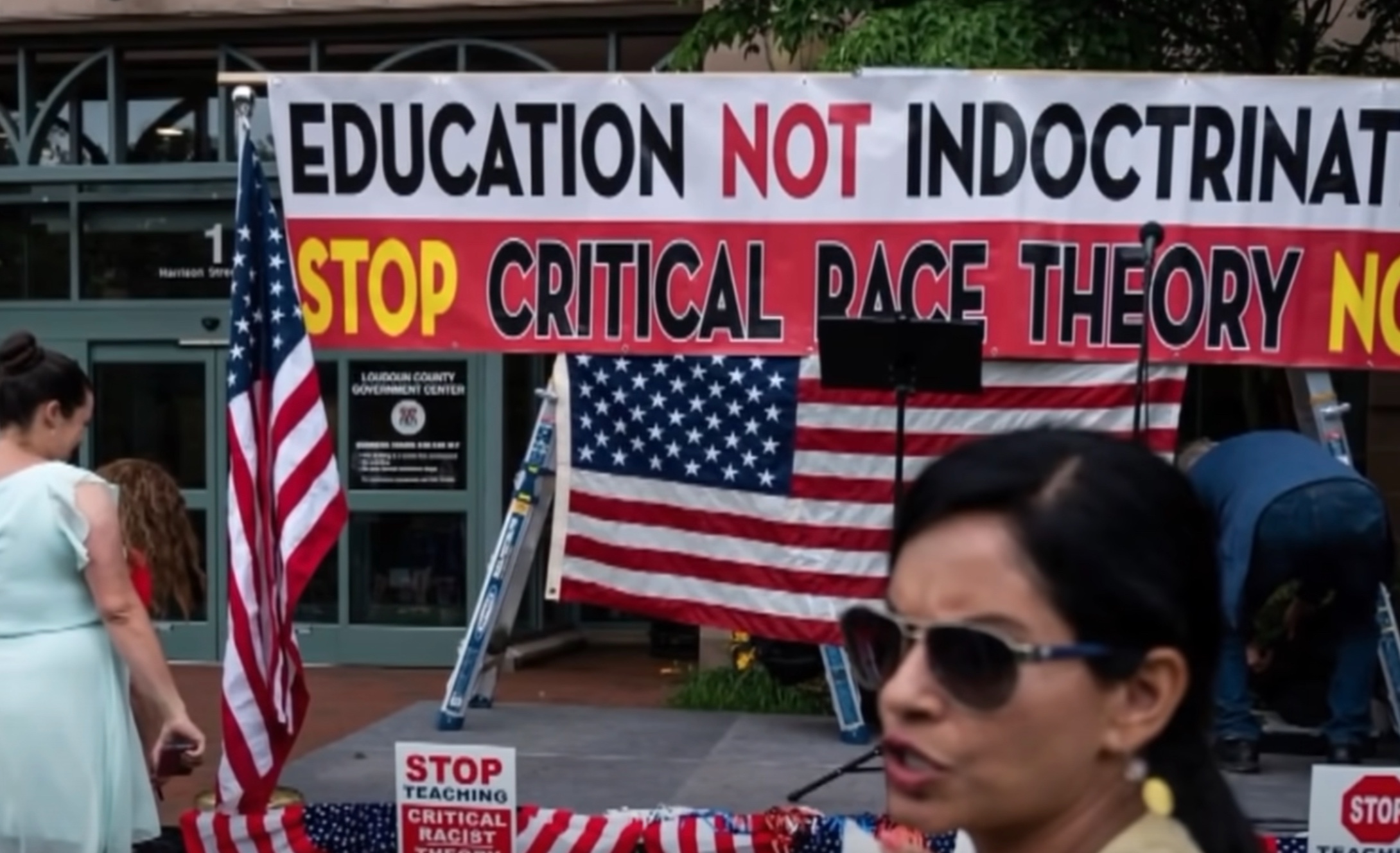
Recognizing your white privilege is just the beginning; it’s a crucial first step towards actively using that privilege to challenge and break down the oppressive structures that harm the Black community and other marginalized groups.

We engaged with educators, activists, therapists, and scholars to explore the common statements made by white individuals that inadvertently showcase their privilege, often without their awareness.

“People of color would also like to live in a world where their skin color didn’t impact the way they were treated and just never talk about race,” Saahene said. “But systemic racism is real, people of color must talk about race, to navigate a system that was never meant for their freedom — and continues with the support of white silence.”

“For most white people, they have the privilege to receive many benefits in society based on ‘whiteness’ that people of color don’t receive,” said Turner, an assistant professor of psychology at Pepperdine University.

Number 3: “There’s no need to worry about the police if you’re not doing anything illegal.” The experiences and interactions that white individuals have with law enforcement starkly contrast those of Black and Latino individuals.

Moreover, there is a long-standing pattern of police disproportionately targeting, stopping, and arresting Black individuals for minor offenses or without clear justification.
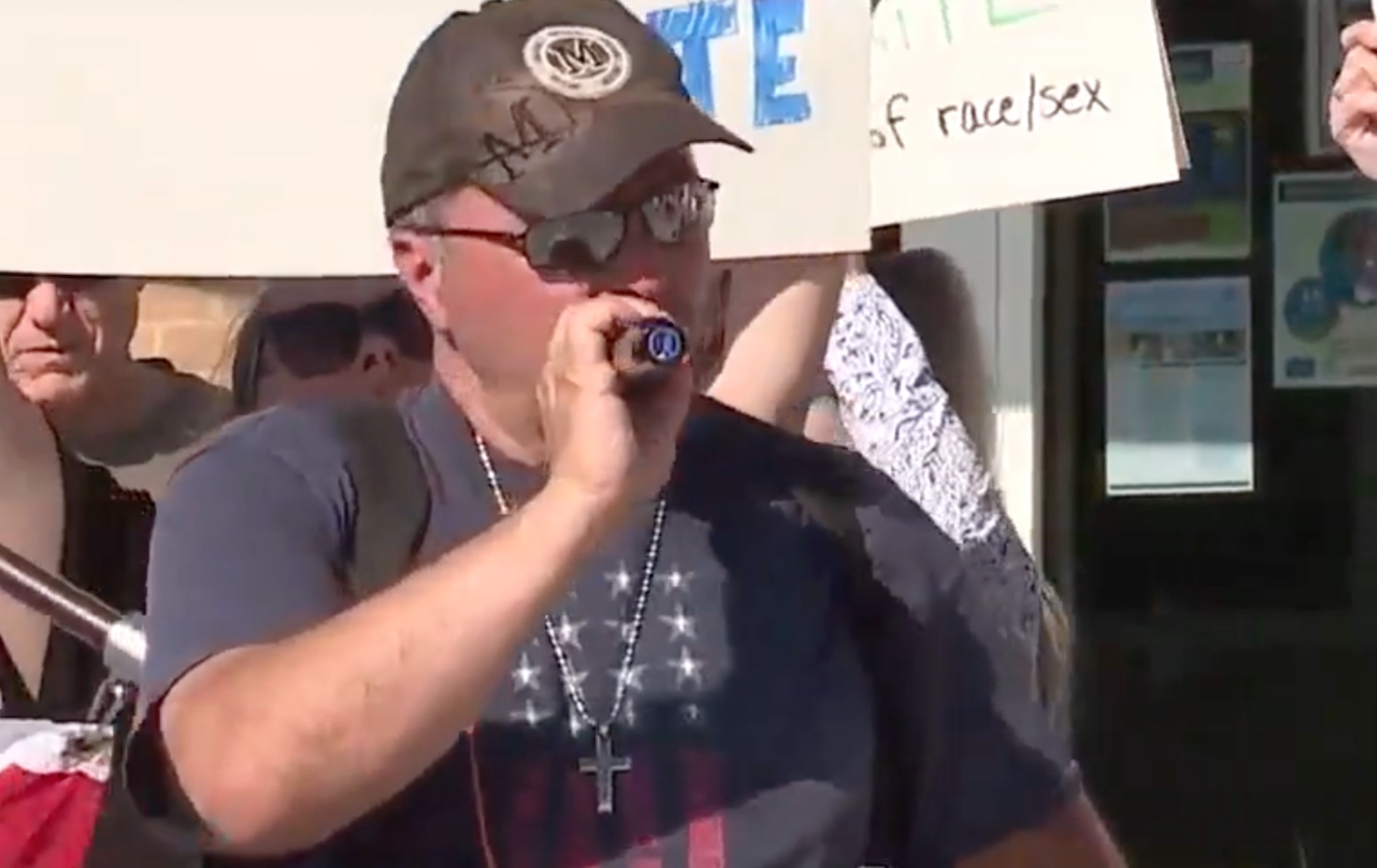
“This is because white people tend to feel an innate sense of safety and security from the policing policies that racially profile and target Black people, in many cases leading to the use of excessive or even lethal force. This is a prime example of white privilege.”
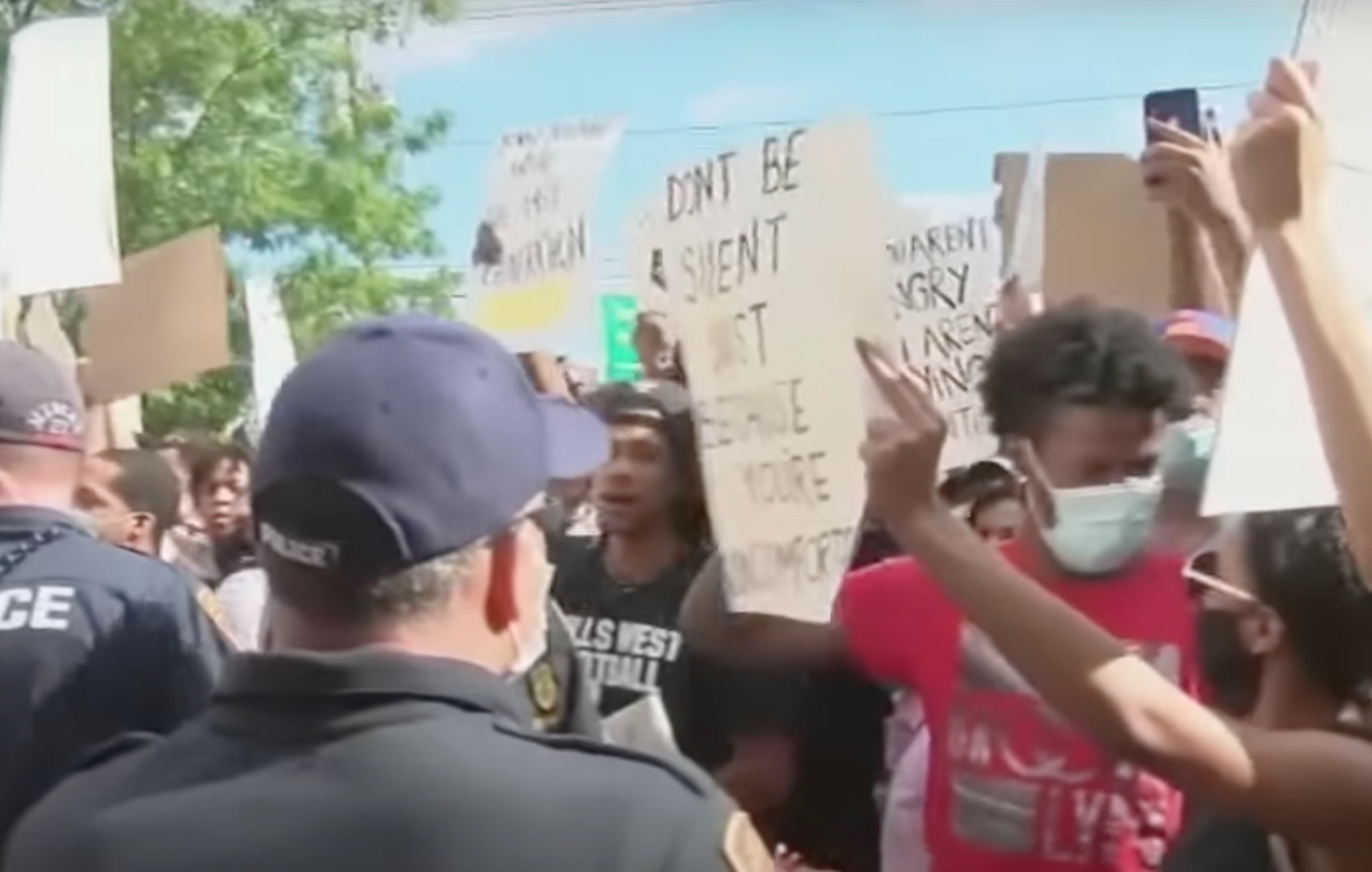
“It is a privilege to not have to take a risk of alienating yourself from others,” Saahene said. “It’s saying that the drama or backlash you don’t want to face from potential racists is more important than speaking out against innocent people being oppressed.”

“The mere assumption that someone does not benefit from systemic privilege reveals how inherently unaware they may be of systemic racism,” Makepeace said. “Ignorance of complicity indicates that someone has been protected from and sheltered by the system — a luxury that POC have never had.”
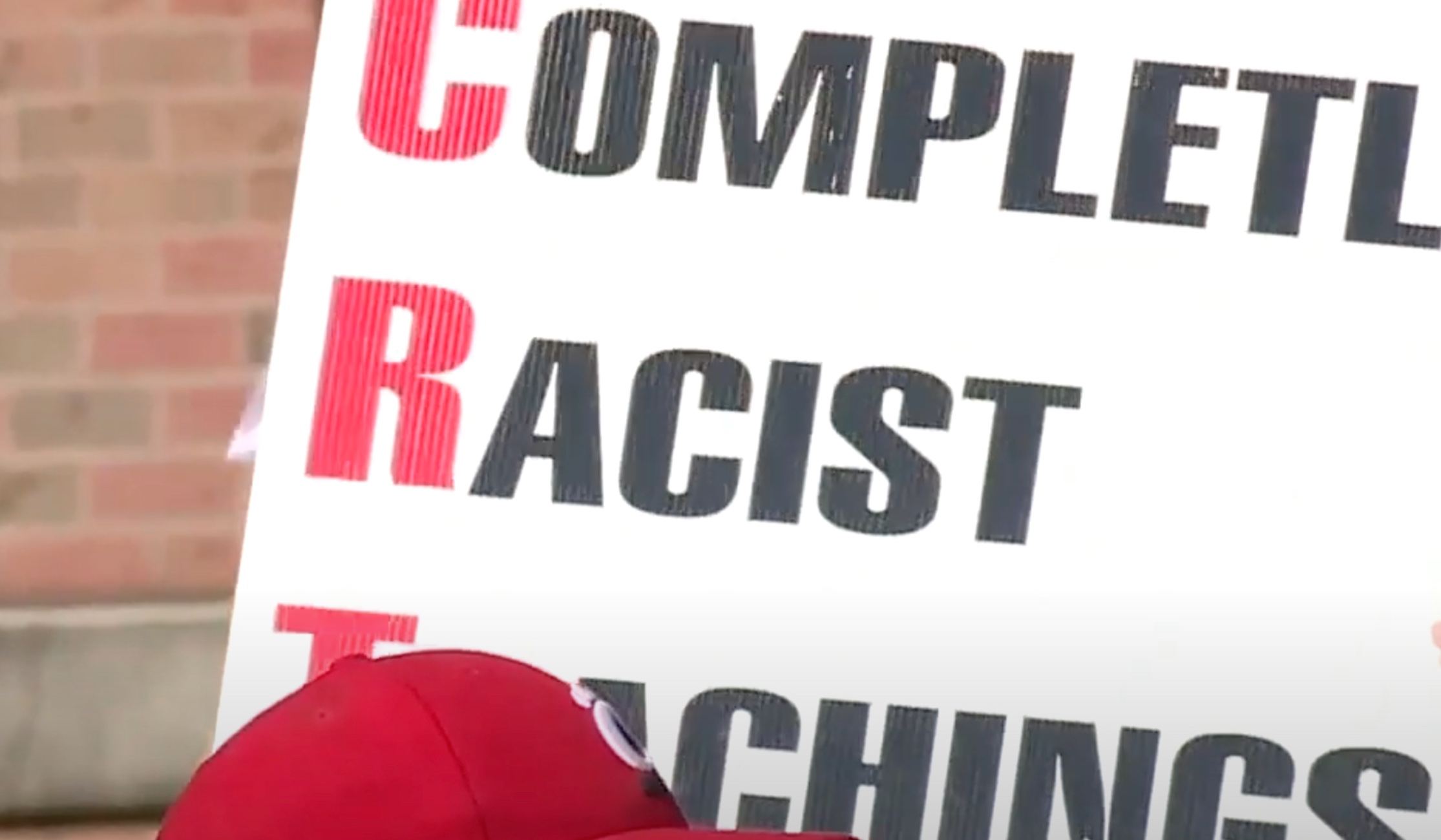
“For example, think about the recent protests [in Michigan] when white men went into a state government building with guns and they didn’t experience any harm. Yet, Black people engage in peaceful protests and police are shooting them with rubber bullets. That’s white privilege.”
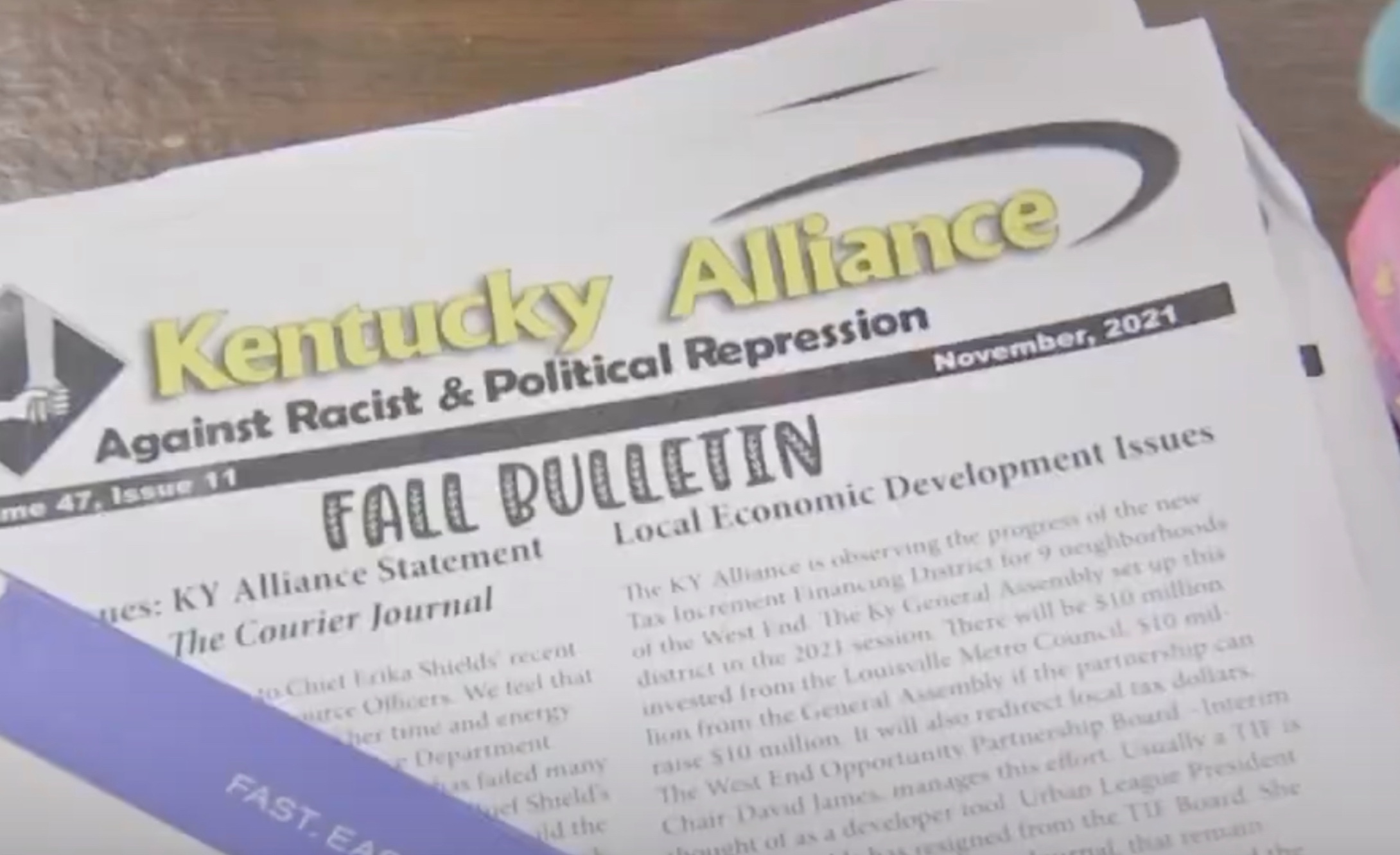
Black individuals have tragically lost their lives at the hands of police while engaging in ordinary activities: for instance, Botham Jean was simply eating ice cream in his own home, Breonna Taylor was asleep in her bed, and Atatiana Jefferson was playing video games with her nephew.

The case of George Floyd further exemplifies this, as he lost his life in police custody over an alleged incident involving a counterfeit $20 bill, highlighting how even minor incidents can escalate into deadly confrontations.

“White people often claim that Black people, specifically, should have nothing to worry about if they, Black people, aren’t doing anything illegal,” said anti-racism educator Myisha T. Hill, author of “Check Your Privilege: Live Into the Work.”

Number 4: “I don’t want to post about racism on social media because I’m scared of the backlash.” Prioritizing personal comfort over speaking out against injustice, such as fear of losing followers or facing backlash, is criticized as placing one’s convenience above essential values, according to Saahene.

Number 5: “I don’t have white privilege.” Some white individuals deny the concept of white privilege by claiming they are not affluent, have worked hard for their achievements, or have faced struggles in life, leading to defensiveness due to a lack of understanding of the term.
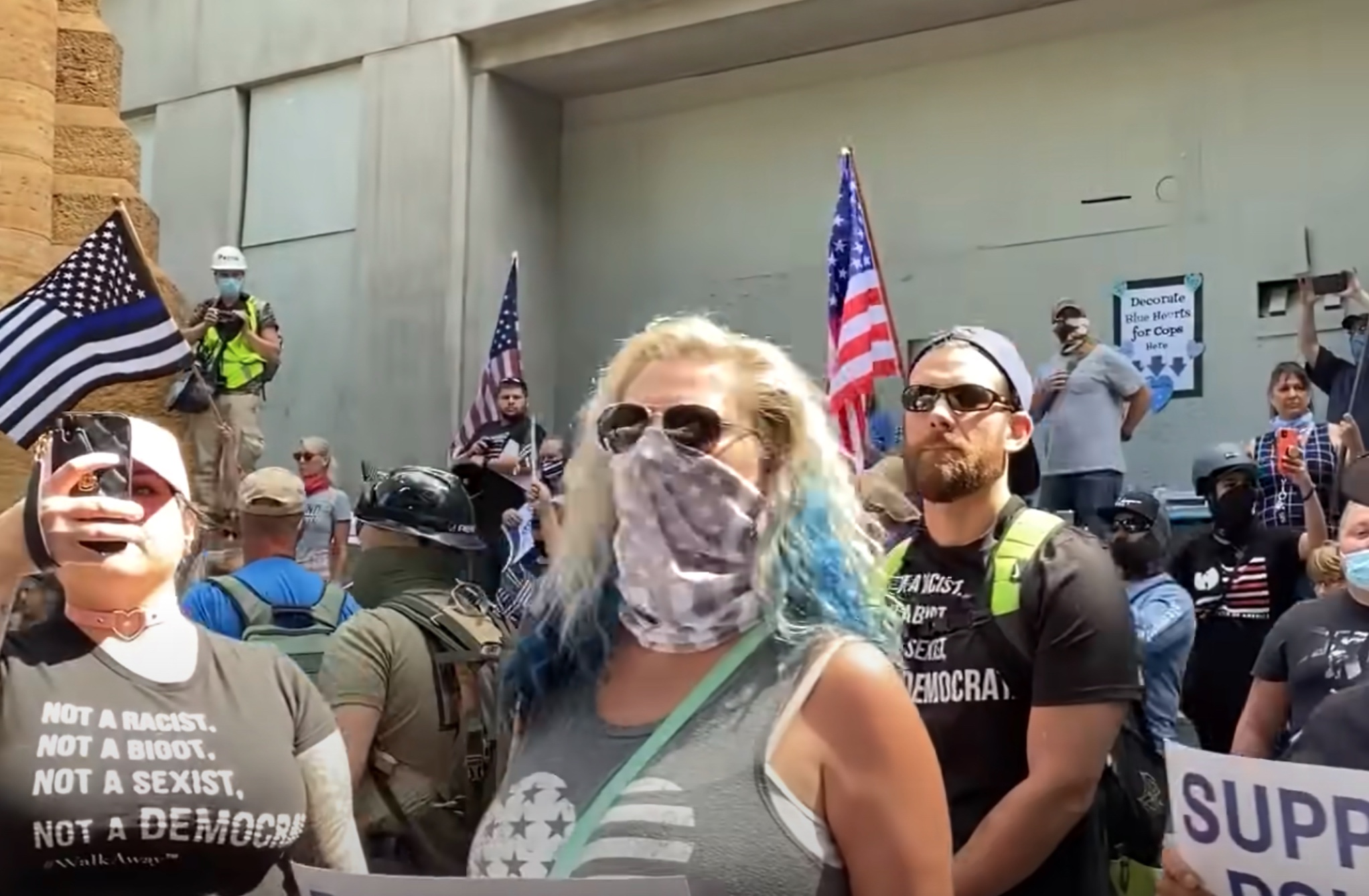
“It simply means that the color of your skin is not one of the reasons you may experience personal or professional hurdles,” said Abigail Makepeace, a marriage and family therapist.
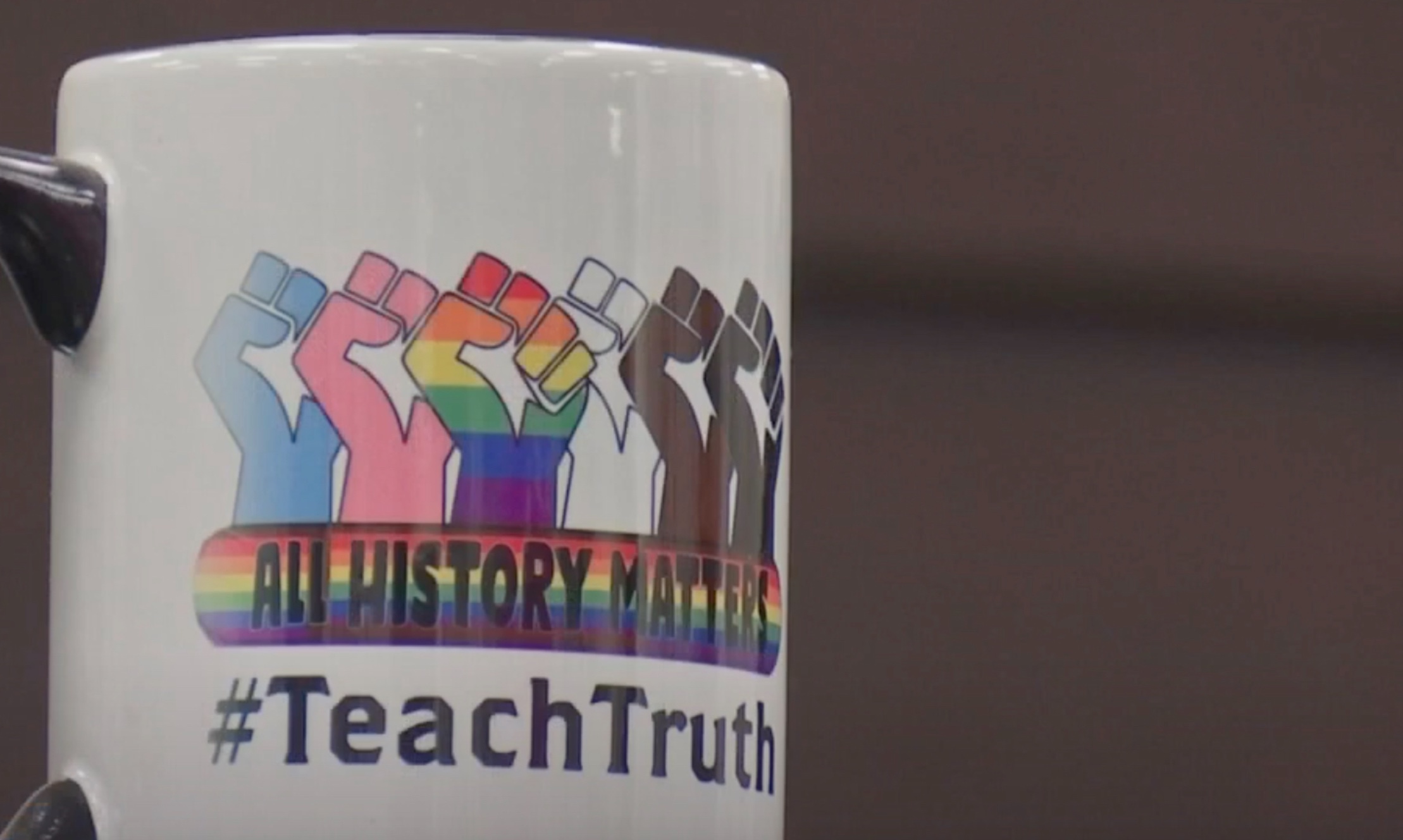
Number 6: “I’m not sure when I should start talking to my kids about racism.”

“This urge to shelter their white children from the realities of racism is directly born of their own white privileges. Black, brown, indigenous, Asian, Pacific Islander, people of color, do not have the luxury of putting blinders up to shield our children from racism,” Hill said.

“Our livelihoods depend on us constantly having these heart-wrenching conversations with our children, from very early ages, about why they have to behave differently from white children and what to do if we are pulled over by the police. Because our safety is never guaranteed.”


Jodie Mcgregor
January 16, 2025 at 4:32 am
ivermectin 1 cream ivermectin tablets for sale for humans – ivermectin 6
casino royal club promo code
January 19, 2025 at 9:52 am
Pretty nice post. I jyst stumbled upon your blog andwished to saay that I’ve really enjoyed surfing around yurblog posts. After all I’ll bbe subscribing tto your rss feed aand I hope you write again soon!
Cheap Seo Techniques
January 19, 2025 at 3:12 pm
You can certainly see your skills within the article you write.The sector hopes for even more passionate writerssuch as you who aren’t afraid to mention how they believe.All the time go after your heart.
xxx bokep
January 19, 2025 at 10:31 pm
Generally I do not read article on blogs, however I would like to say that this write-up very forced me to check out and do so! Your writing style has been surprised me. Thanks, very great post.
lunch bag
January 20, 2025 at 11:06 am
Very good blog article.Really looking forward to read more. Great.
biyapay 安全吗
January 20, 2025 at 4:50 pm
Thank you for your article. Really Great.
Drop shipping
January 20, 2025 at 7:56 pm
Wow, great article.Thanks Again. Will read on…
linkin love ai
January 21, 2025 at 9:19 am
A big thank you for your article post.Really looking forward to read more. Much obliged.
https://linkin.love
January 21, 2025 at 1:46 pm
Fantastic blog post.
mini massager advantages
January 21, 2025 at 6:15 pm
Great, thanks for sharing this article.Really looking forward to read more. Awesome.
tai day
January 23, 2025 at 2:00 pm
I wanted to thank you for this wonderful read!! I absolutely lovedevery bit of it. I’ve got you bookmarked tocheck out new stuff you post…
Tang follow Tiktok
January 23, 2025 at 8:57 pm
I wanted to thank you for this very good read!! I absolutely enjoyed every bit of it. I have got you bookmarked to look at new things you postÖ
western porn
January 24, 2025 at 12:03 am
What’s Taking place i’m new to this, I stumbled upon this I have discovered It positively helpful and it has aided me out loads. I am hoping to contribute & help other users like its helped me. Good job.
adult content
January 27, 2025 at 10:28 am
You can definitely see your skills in the work you write. The sector hopes for even more passionate writers such as you who are not afraid to say how they believe. Always go after your heart.
wengtoto
January 27, 2025 at 2:25 pm
I am in fact glad to glance at this blog posts which contains plenty of useful data, thanks for providing such statistics.
porn fans
January 28, 2025 at 11:55 am
Greetings! Very useful advice within this post! It’s the little changes that make the most important changes.Thanks a lot for sharing!
kenapa live tiktok sepi penonton
January 28, 2025 at 12:27 pm
Hello! I just want to offer you a big thumbs up for your excellent information you’vegot right Click hereon this post. I will be returning to your blogfor more soon.
Carie
January 28, 2025 at 2:29 pm
2021 nba juego vernáculo, competencia de clavados, competencia de 3 lugares, exhibición de televisión de preguntas de habilidad, flujo, inusual, preferencia
esc casino online
January 29, 2025 at 5:55 pm
You made your point.college essay idea why do i want to go to college essay admission essay writing service
to read more
January 30, 2025 at 12:51 pm
community service formwrite my essay for me
voucher code
January 30, 2025 at 3:23 pm
whoah this blog is magnificent i love reading your articles. Keep up the good work! You know, many people are searching around for this info, you can help them greatly.
more information
February 6, 2025 at 9:48 am
zepak antibiotics zithromax indication zithromax pill
celana jeans
February 6, 2025 at 2:46 pm
You can certainly see your skills in the article you write. The sector hopes for even more passionate writers like you who are not afraid to mention how they believe. At all times follow your heart.
mua bán nhà Hà Nội
February 6, 2025 at 6:59 pm
Thank you for the good writeup. It in reality used to be a amusement account it. Look complex to more introduced agreeable from you! By the way, how could we keep up a correspondence?
貼街招
February 7, 2025 at 9:24 am
best ed treatment best ed pills – erectile dysfunction pills
visit
February 9, 2025 at 2:00 pm
Hey! Do you know if they make any plugins to help with SEO? I’m trying to get my blog to rank for some targeted keywords but I’m not seeing very good results. If you know of any please share. Many thanks!
Myong Stokel
February 10, 2025 at 6:11 am
A lot of what you articulate happens to be astonishingly legitimate and it makes me ponder the reason why I hadn’t looked at this in this light previously. This piece truly did turn the light on for me as far as this issue goes. But at this time there is actually one position I am not necessarily too cozy with so while I attempt to reconcile that with the central theme of the position, permit me observe exactly what the rest of your readers have to point out.Well done.
Wonda Fundenberger
February 10, 2025 at 7:23 am
Excellent beat ! I would like to apprentice while you amend your website, how can i subscribe for a blog website? The account aided me a acceptable deal. I had been tiny bit acquainted of this your broadcast provided bright clear idea
Sebastian Frech
February 10, 2025 at 10:24 am
Very nice post. I just stumbled upon your blog and wanted to say that I have really enjoyed surfing around your blog posts. In any case I’ll be subscribing to your rss feed and I hope you write again soon!
Eura Ceretti
February 10, 2025 at 12:07 pm
This is the precise weblog for anybody who wants to search out out about this topic. You understand a lot its nearly exhausting to argue with you (not that I truly would want…HaHa). You definitely put a new spin on a subject thats been written about for years. Nice stuff, simply nice!
Julianna Launiere
February 10, 2025 at 12:55 pm
Attractive section of content. I simply stumbled upon your website and in accession capital to claim that I acquire actually loved account your weblog posts. Anyway I will be subscribing for your augment and even I achievement you get right of entry to consistently fast.
Angelo Borja
February 10, 2025 at 2:52 pm
Thank you a lot for providing individuals with a very marvellous chance to read critical reviews from here. It is always very lovely and as well , jam-packed with a great time for me and my office fellow workers to visit the blog at the very least 3 times every week to learn the latest issues you will have. And definitely, I am actually amazed concerning the great advice served by you. Certain 1 facts on this page are basically the very best we have ever had.
Enrique Koebley
February 11, 2025 at 5:39 am
Hey! Someone in my Myspace group shared this site with us so I came to check it out. I’m definitely loving the information. I’m bookmarking and will be tweeting this to my followers! Outstanding blog and fantastic design.
Brandon Demontigny
February 11, 2025 at 7:02 am
Hey There. I found your blog using msn. This is a really well written article. I will make sure to bookmark it and come back to read more of your useful information. Thanks for the post. I will definitely comeback.
Alquiler de carros en Suba Bogotá
February 11, 2025 at 8:12 am
Kudos. Plenty of postings.college application essay prompts essay writings online essay writing service
Sherill Mwakitwile
February 11, 2025 at 8:50 am
whoah this blog is excellent i really like reading your posts. Keep up the great paintings! You already know, lots of persons are searching around for this information, you can help them greatly.
is john jones body still in nutty putty cave
February 11, 2025 at 12:44 pm
What i do not understood is in truth how you are not actually a lot more well-liked than you might be now. You are so intelligent. You know therefore significantly in terms of this matter, produced me personally imagine it from numerous varied angles. Its like men and women aren’t fascinated until it is something to accomplish with Girl gaga! Your individual stuffs excellent. Always handle it up!
hut ham cau dong thap
February 12, 2025 at 8:43 am
I grabbed hold of her wet hair and made Helen use her mouth to go up and down my dick pushing harder and faster.
Meaghan Jagiello
February 13, 2025 at 5:59 am
Hello I am so glad I found your weblog, I really found you by error, while I was browsing on Askjeeve for something else, Nonetheless I am here now and would just like to say cheers for a remarkable post and a all round exciting blog (I also love the theme/design), I don’t have time to browse it all at the moment but I have bookmarked it and also included your RSS feeds, so when I have time I will be back to read much more, Please do keep up the great work.
acido micofenolico precio
February 18, 2025 at 8:07 am
I wanted to thank you for this great read!! I absolutely loved every little bit of it. I’ve got you book-marked to check out new stuff you post…
Tang like Facebook
February 18, 2025 at 8:39 am
Excellent post but I was wondering if you could write a litte more on this topic? I’d be very grateful if you could elaborate a little bit further. Thank you!
Rotational Molded product
February 18, 2025 at 2:07 pm
Thanks a lot for the post.Really looking forward to read more. Will read on…
check out
February 19, 2025 at 10:07 am
Hello colleagues, its great article about teachingand completely explained, keep it up all the time.
astronomia
February 19, 2025 at 10:49 am
Touche. Outstanding arguments. Keep up the good work.My blog post – potato diet
darčekové víno
February 20, 2025 at 7:37 pm
Aw, this was an incredibly good post. Finding the time and actual effort to generate a top notch articleÖ but what can I sayÖ I procrastinate a lot and don’t manage to get nearly anything done.
nsfw ai
February 20, 2025 at 7:52 pm
Looking forward to reading more. Great blog article.Really thank you! Fantastic.
vest cuoi
February 20, 2025 at 7:56 pm
Appreciation to my father who told me on the topic of this blog, this blog isreally amazing.
nsfw character ai
February 21, 2025 at 10:10 am
A round of applause for your article post.Thanks Again. Fantastic.
dewapoker
February 21, 2025 at 11:09 am
I like this post, enjoyed this one regards for posting. “‘I have done my best.’ That is about all the philosophy of living one needs.” by Lin Yutang.
Jinhong Gas products
February 23, 2025 at 10:06 pm
Im obliged for the article. Fantastic.
深圳怡康婦產醫院評價
February 24, 2025 at 2:00 pm
I appreciate you sharing this blog.Much thanks again. Want more.
오피스타 테라피
February 25, 2025 at 12:00 pm
I really liked your blog article.Really thank you! Will read on…
more info
February 25, 2025 at 12:04 pm
ivermectin dosage for pigs ivermectin indications
오피스타 테라피
February 25, 2025 at 6:15 pm
This is one awesome blog. Much obliged.
Vietnam labor law for foreigners
February 26, 2025 at 9:27 am
tinder online , what is tindertinder online
koi toto
February 27, 2025 at 9:55 am
Hi there, yes this paragraph is actually pleasant and I have learned lot of things from it regardingblogging. thanks.
blox fruits guide
February 27, 2025 at 2:05 pm
Thanks , I’ve recently been looking for info approximately this subject for a while and yours is the best I’ve discovered so far. But, what in regards to the bottom line? Are you positive about the supply?
Patriot America
February 27, 2025 at 2:29 pm
Once I initially commented I clicked the -Notify me when new feedback are added- checkbox and now every time a comment is added I get four emails with the same comment. Is there any means you’ll be able to take away me from that service? Thanks!
pelech pre psa
March 1, 2025 at 6:36 am
สำหรับผู้ที่อยากได้หารายได้ที่บ้านวันนี้เราขอเสนอเว็บไซต์พนันออนไลน์ UFABET เว็บของเราเป็นเว็บไซต์คาสิโนออนไลน์ อันดับหนึ่งมีพนันบอลออนไลน์ไว้ให้บริการ พร้อมเกมออนไลน์อีกหลากหลายเกมทั้งยัง สล็อต บาคาร่า ยิงปลา รวมทั้งอื่นๆอีกมากมาย มากกว่า 200 เกม
菠菜广告代打
March 1, 2025 at 4:18 pm
Thanks again for the article post.Really looking forward to read more. Awesome.
토지노솔루션
March 5, 2025 at 12:29 pm
Im grateful for the blog post. Keep writing.
토지노솔루션
March 5, 2025 at 7:39 pm
Thanks again for the article post.Really looking forward to read more. Much obliged.
佳文网
March 6, 2025 at 1:04 pm
Very neat blog article.Thanks Again. Really Cool.
155871385B
March 7, 2025 at 4:19 am
online slots for real money – slot games online online slots for real money
noticias de fútbol
March 7, 2025 at 7:53 am
Very nicfe post. I just stumbled upon your blog andwanted too say that I’ve really emjoyed surfing around your blog posts.Aftwr all I will be subscribing to your feed and I hope youwrite gain very soon!
landscaping company
March 7, 2025 at 9:46 am
voltaren gel canada pharmacy tramadol online pharmacy overnight shipping
sedací pytel
March 7, 2025 at 10:17 am
Hi, I do believe this is a great blog. I stumbledupon it 😉 I will revisit once again since i have bookmarked it. Money and freedom is the greatest way to change, may you be rich and continue to help other people.
to read more
March 8, 2025 at 8:00 am
canadian pharmacy canadian pharmacy meds – capsule online pharmacy
for more info
March 10, 2025 at 1:17 pm
Hello! I simply want to give you a big thumbs up for the great information you’ve got right here on this post. I will be coming back to your blog for more soon.
fortebet apk
March 11, 2025 at 9:19 am
Hi colleagues, its great article about tutoringand fully defined,keep it up all the time.Here is my blog: diet plan
Pop up card manufacturer
March 11, 2025 at 10:04 am
29998 318510Woh I like your content material , saved to favorites ! . 547145
bo dam gia re
March 11, 2025 at 12:43 pm
ivermectin lotion ivermectin lotion for lice – stromectol nz
battery tester
March 11, 2025 at 1:09 pm
Thank you for creating this really good content. I’ll be back to see more.
this website
March 11, 2025 at 2:06 pm
What’s up, this weekend is fastidious for me, since this occasion i amreading this impressive educational article here at my house.
more information
March 11, 2025 at 4:28 pm
Hello, you used to write fantastic, but the last few posts have been kinda boring¡K I miss your tremendous writings. Past several posts are just a bit out of track! come on!
euro parts
March 12, 2025 at 11:35 am
Thanks for the auspicious writeup. It in truth used tobe a amusement account it. Look complicated to far brought agreeable from you!However, how could we communicate?
genuine honda parts
March 12, 2025 at 12:01 pm
many thanks for sharing source files. many thanks
Laptop chinh hang
March 12, 2025 at 1:46 pm
Hello, this weekend is nice designed for me, as this occasion i am reading this fantastic educational paragraph here at my residence.
vin homes ocean park
March 12, 2025 at 2:11 pm
accutane pills — accutane pills online accutane medicine
ao bong da chinh hang
March 12, 2025 at 3:16 pm
It’s an awesome paragraph for all the internet users; they will get benefit from it I amsure.
khoa hoc gia re
March 12, 2025 at 4:32 pm
Hi are using WordPress for your blog platform? I’m new to the blog world but I’m trying to get started andset up my own. Do you require any coding expertiseto make your own blog? Any help would be greatly appreciated!
Dich vu Tiktok
March 12, 2025 at 7:32 pm
I enjoy reading through an article that can make men and women think. Also, thanks for allowing me to comment!
Dich vu Facebook
March 12, 2025 at 8:02 pm
Greetings! This is my first visit to your blog!We are a collection of volunteers and starting a new initiative iin a community in the sameniche.Yourr blog provided us beneficial information to work on. You have donea extraordinary job!
Dich vu Youtube
March 12, 2025 at 8:27 pm
Heya! I just wanted to ask if you ever have any trouble with hackers? My last blog (wordpress) was hacked and I ended up losing many months of hard work due to no back up. Do you have any solutions to prevent hackers?
whatsapp网页版登入
March 12, 2025 at 9:52 pm
Really enjoyed this blog article.Thanks Again. Fantastic.
vw classic parts
March 13, 2025 at 9:12 am
Good day! I could have sworn I’ve been to this blog beforebut after reading through some of the post I realized it’s new tome. Anyways, I’m definitely delighted I found it and I’ll be bookmarking and checking back often!
whatsapp下载
March 13, 2025 at 11:15 am
I really like and appreciate your blog.Thanks Again. Really Great.
vw classic parts
March 13, 2025 at 2:55 pm
Thanks-a-mundo for the blog post. Really looking forward to read more. Great. Nessy Stearne Lidda
Dich vu instagram
March 13, 2025 at 4:09 pm
does tamoxifen cause joint pain tamoxifen citrate – tamoxifen and weight loss
Asbestos removal
March 13, 2025 at 4:35 pm
Great post. I was checking constantly this blog and I’mimpressed! Very useful information particularly the last part 🙂 Icare for such information much. I was seeking this particular information for a very long time.Thank you and best of luck.
to get more information
March 13, 2025 at 6:34 pm
Tremendous issues here. I am very glad tolook your post. Thanks so much and I’m taking a look forward to touch you.Will you kindly drop me a e-mail?
click here
March 13, 2025 at 7:00 pm
Thanks – Enjoyed this update, is there any way I can receive an email sent to me when there is a new article?
for more information
March 14, 2025 at 10:17 am
I just turned 75 this year and I really admire your writing!
Mua follow Tiktok
March 14, 2025 at 12:22 pm
I am continually looking online for tips that can assist me. Thank you!
Mua follow Instagram
March 14, 2025 at 2:23 pm
An intriguing discussion is worth comment. I do think that you need to write more about this subject matter, it might not be a taboo matter but generally people do not talk about these topics. To the next! Cheers!!
Mua view
March 14, 2025 at 2:49 pm
HI! I like your article. It is very helpful. Tank You for posting it.
check
March 14, 2025 at 3:15 pm
azithromycin canada pharmacy online pharmacy discount
loc nen o to
March 14, 2025 at 3:40 pm
Good day! Do you know if they make any plugins to help withSearch Engine Optimization? I’m trying to get my blog to rankfor some targeted keywords but I’m not seeing verygood gains. If you know of any please share. Kudos!
fizikalna terapija Banja Luka
March 14, 2025 at 4:14 pm
how much ivermectin to give a goat sheep drench ivermectin
線上娛樂
March 17, 2025 at 12:05 pm
Enjoyed every bit of your article.Really thank you! Really Great.
線上娛樂城
March 17, 2025 at 2:14 pm
Im thankful for the blog.Really looking forward to read more. Awesome.
ip2world login
March 17, 2025 at 4:37 pm
Very informative blog article. Fantastic.
ip2world
March 17, 2025 at 8:50 pm
Major thanks for the blog post.Thanks Again. Great.
lan pwr
March 18, 2025 at 1:22 am
Im grateful for the blog article.Really thank you! Really Cool.
aplicacion para enviar whatsapp masivos
March 18, 2025 at 10:46 pm
Terrific article. I am just expecting a lot more. You happen to be this kind of good creator.
https://t.co/AEhOSpg2HM
March 19, 2025 at 1:28 am
It¡¦s in point of fact a nice and helpful piece of information. I am satisfied that you just shared this helpful info with us. Please stay us informed like this. Thank you for sharing.
https://t.co/6YrAZI70Gq
March 19, 2025 at 3:01 am
Wow! This could be one particular of the most useful blogs We have ever arrive across on this subject. Actually Great. I’m also an expert in this topic so I can understand your hard work.
https://t.co/l5LKFzwBBv
March 19, 2025 at 10:14 am
Enjoyed every bit of your article.Much thanks again. Awesome.
Huijue Solar
March 19, 2025 at 10:36 am
This is one awesome article. Will read on…
https://t.co/HLi0dV7pPA
March 19, 2025 at 2:12 pm
Amazing! Its genuinely awesome piece of writing, Ihave got much clear idea regarding from this article.
spark-bearing
March 19, 2025 at 2:46 pm
Very neat blog.Much thanks again. Fantastic.
SciatiSoothe
March 19, 2025 at 8:56 pm
I pay a visit day-to-day a few blogs and blogs to read content, but this blog offers quality based posts.
Prime Biome
March 20, 2025 at 12:53 am
Terrific info. Thanks a lot. prednisone tablets
led video wall
March 20, 2025 at 2:26 am
Im thankful for the blog post.Really looking forward to read more. Fantastic.
Tonic Greens
March 20, 2025 at 4:51 am
deepl, github ???????????? ??????? ?????? ????? ?????????yabeat, grammarly
vinhomes dan phuong
March 20, 2025 at 9:54 am
Hello! I simply would like to provide a big thumbs up for the great info you have here on this message. I will certainly be coming back to your blog for even more quickly.
DERMAL FILLER
March 20, 2025 at 12:03 pm
I really enjoy the post.Much thanks again. Really Great.
to learn more
March 20, 2025 at 4:03 pm
That is a great tip particularly to thosenew to the blogosphere. Brief but very precise info… Appreciate your sharing this one.A must read article!
golf cart lithium battery manufacturer
March 20, 2025 at 9:43 pm
Major thankies for the blog article.Really looking forward to read more. Great.
fotoobraz
March 20, 2025 at 9:45 pm
soma therapy ed india pharmacies shipping to usa – best ed medications
Park Light Show
March 21, 2025 at 10:01 am
Major thankies for the blog.Thanks Again. Keep writing.
Nha hang Nhat Quan 7
March 21, 2025 at 10:34 am
Woow cuz this is great work! Congrats and keep it up!
Rut tien the tin dung da nang
March 21, 2025 at 5:20 pm
п»їorder stromectol online ivermectin for sale humans – purchase oral ivermectin
佳文网
March 21, 2025 at 8:29 pm
Im obliged for the blog article.Really looking forward to read more. Want more.
Status game
March 22, 2025 at 1:53 am
Hey, thanks for the article.Really looking forward to read more. Great.
Danmajet
March 22, 2025 at 10:01 am
Very informative article.Much thanks again.
Jasa Live TikTok
March 22, 2025 at 9:47 pm
I adore assembling utile information, this post has got me even more info!Also visit my blog post; Maxatin
vietnam luxury holiday
March 23, 2025 at 12:33 pm
Great stuff, Thanks! north west pharmacy canada
Moemate
March 25, 2025 at 10:31 am
A big thank you for your blog. Awesome.
rpsexdoll
March 27, 2025 at 10:48 am
This is one awesome article.Really thank you! Really Great.
Led Solar Lights
March 27, 2025 at 11:25 am
darknet market bible best darknet market reddit
nu skin e-commerce
March 27, 2025 at 1:05 pm
There is visibly a lot to know about this. I feel you made various good points in features also.
chinh sach uu dai va ho tro dau tu
March 27, 2025 at 1:30 pm
Hey there! I just wanted to ask if you ever have any problems with hackers? My last blog (wordpress) was hacked and I ended up losing several weeks of hard work due to no data backup. Do you have any solutions to stop hackers?
hawkrown exhaust fan
March 27, 2025 at 3:38 pm
Wow, great post. Much obliged.
see more
March 27, 2025 at 4:14 pm
Awesome article.Review my blog … Virectin Loaded Side Effects
check
March 27, 2025 at 9:11 pm
Great article, just what I wanted to find.
guided meditation
March 27, 2025 at 10:38 pm
Very good post. I am facing a few of these issues as well..
guided meditation scripts
March 28, 2025 at 7:27 am
Wonderful blog! I found it while browsing on Yahoo News.Do you have any tips on how to get listed in Yahoo News? I’ve been trying for a while but I never seemto get there! Thanks
window cleaning Perth
March 28, 2025 at 12:05 pm
ivermectin for covid-19 ivermectin for small animals
pentagon.market new domain
March 28, 2025 at 1:13 pm
chloroquine phosphate tablets chloroquine phosphate brand name does hydroxychloroquine cause heart problems
dich vu cho thue du che du bat
March 31, 2025 at 2:33 pm
Perfectly indited content , regards for entropy.
jili bet
March 31, 2025 at 9:56 pm
Thanks for the post.Thanks Again. Keep writing.
cryptogame.my
April 1, 2025 at 5:12 am
I value the blog post.Really looking forward to read more. Awesome.
szradiant
April 1, 2025 at 2:45 pm
Im obliged for the blog.Really thank you! Really Cool.
爱思助手下载
April 2, 2025 at 12:36 am
Really enjoyed this blog.Much thanks again. Want more.